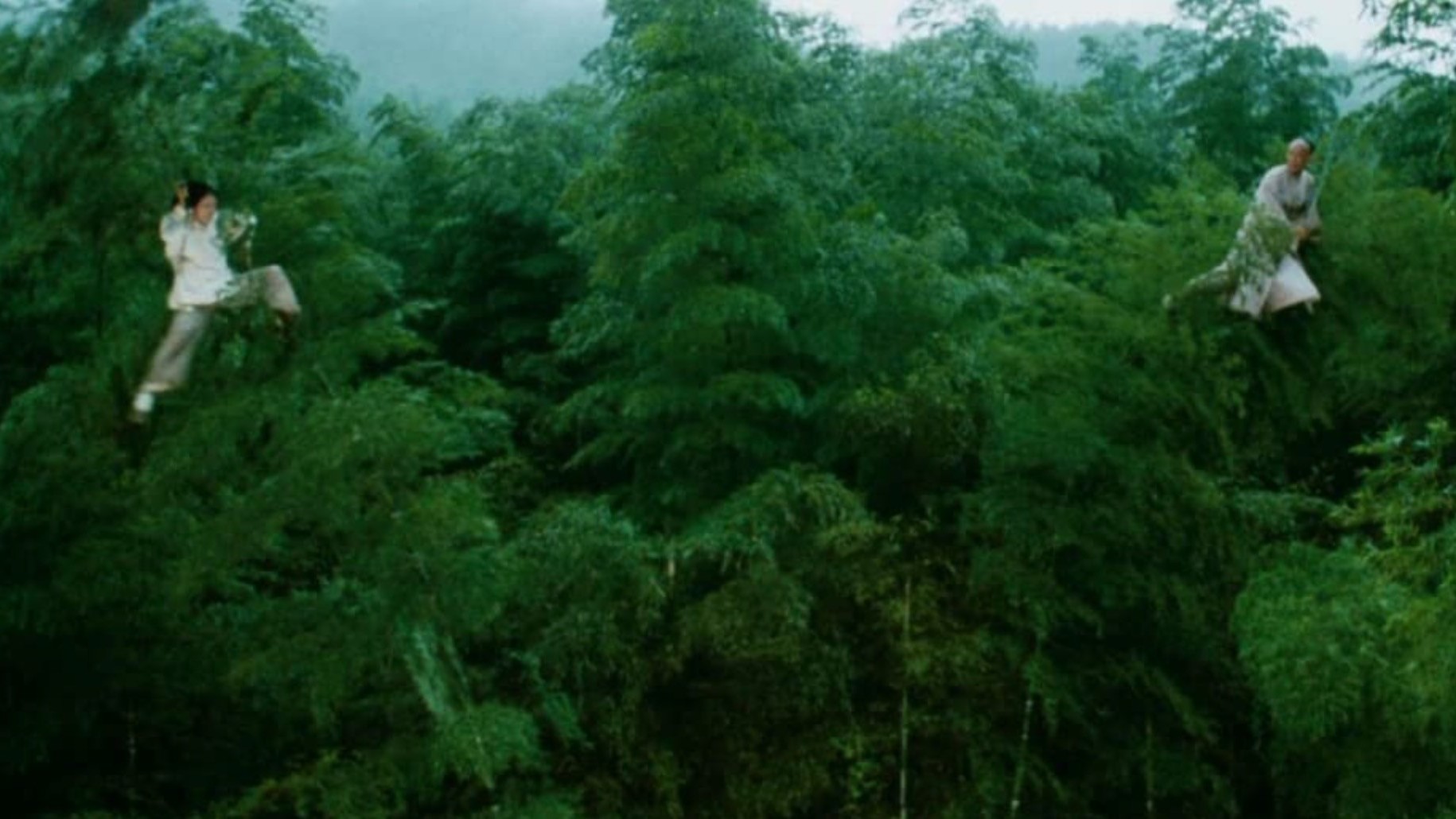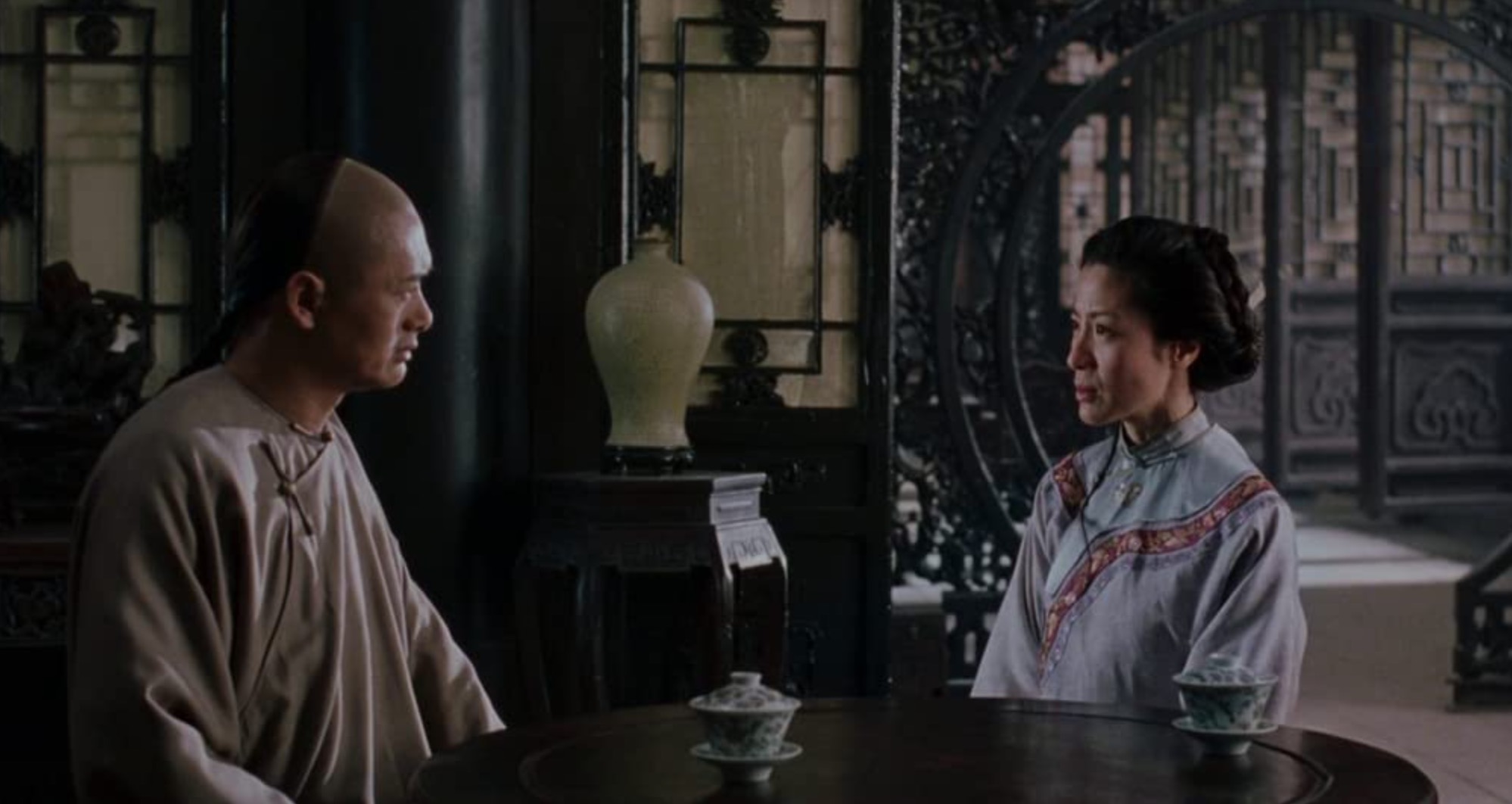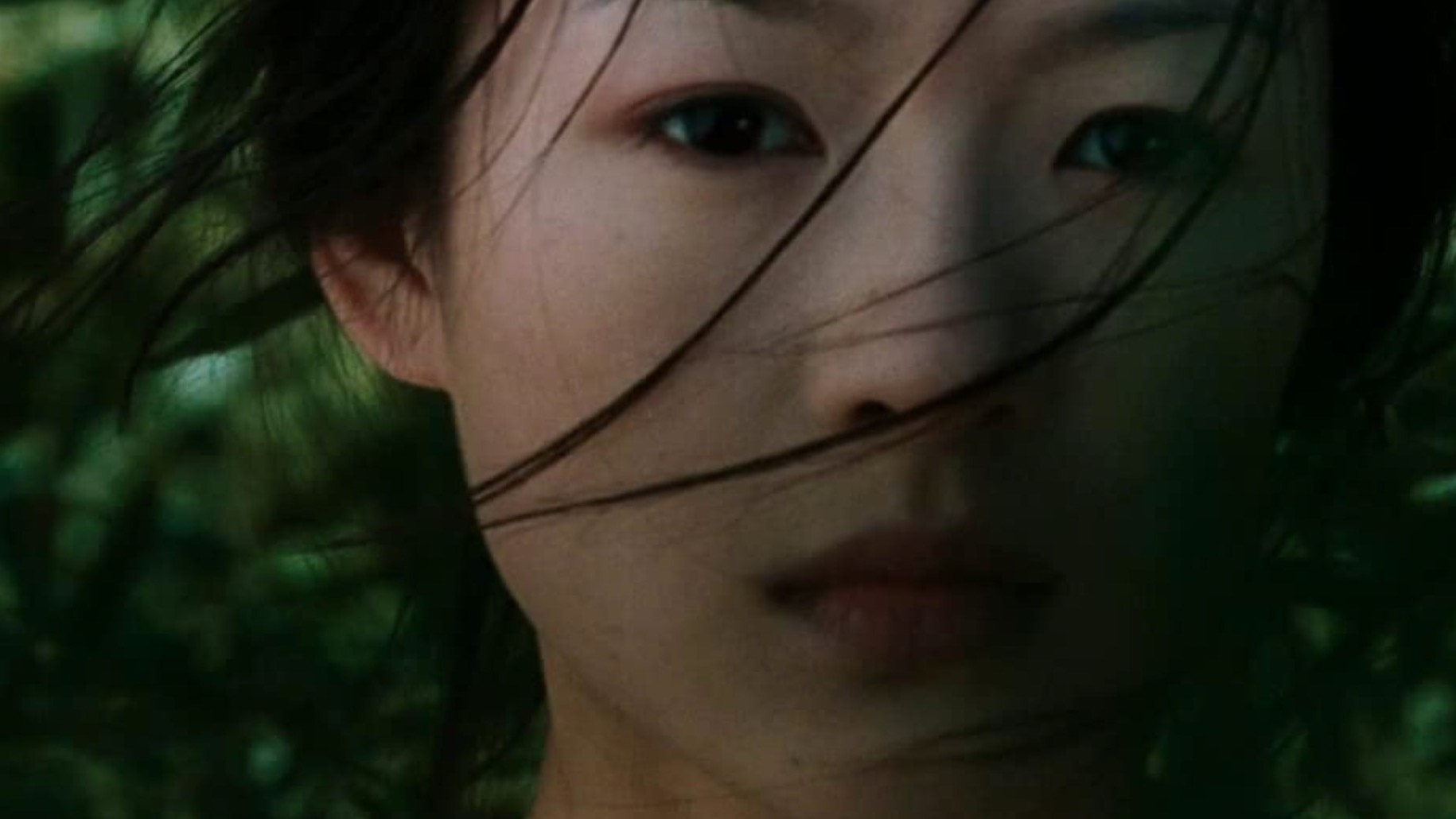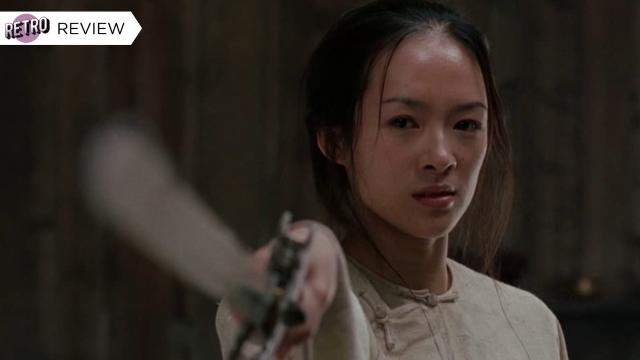Many people believe American audiences won’t go to theatres to see a foreign film. Twenty years ago today though, a movie broke that barrier in a most memorable way.
That movie was Ang Lee’s Crouching Tiger, Hidden Dragon, a death-defying, groundbreaking, martial arts romance that was unlike anything most people had ever seen. It debuted in U.S. theatres on December 8, 2000, and ended its domestic run grossing over $US128 ($172) million. Ten Oscar nominations followed, resulting in four wins. By every measure the film was a huge success and, at the time, it was my favourite movie of the year. But in 2020, I realised I hadn’t seen Crouching Tiger, Hidden Dragon in well over a decade. So, with it now streaming on Amazon, I thought a revisit of this groundbreaking classic was well worth two hours of my time. I was right.
Crouching Tiger is the story of three lost souls, all looking to find love and happiness in the world. The film starts with Li Mu Bai (Chow Yun-Fat), a legendary warrior who decides he wants to retire. He informs Yu Shu Lien (Michelle Yeoh), an equally fierce warrior who never got to live the life Li Mu Bai did because she’s a woman. Eventually, she meets Jen Yu (Zhang Ziyi), a young woman, soon to be married, who has mysteriously been trained as maybe the best warrior of them all. She yearns to live a life of adventure instead of being married and goes to great lengths to make that happen, leaving destruction in her path.

When most people remember Crouching Tiger, however, they think of the incredible action sequences — ancient warriors flying across rooftops and tree branches with grace, “how’d they do that” wonder, and gravity-defying wire work that influenced a generation of films that followed. Upon rewatch, yes, the action scenes are remarkable. They were then and remain so now. The wirework is only a part of it though. Each scene has very specific, intense stakes involved, which makes them that much more dramatic. Plus, they’re paired so well with the Oscar-winning score by Dun Tan, even without the theatrics, they’d be excellent.
As shocking and beautiful as the action scenes are though, and while they’re certainly what helped bring American audiences into theatres, they aren’t what ultimately makes Lee’s film such a classic. That honour goes to the film’s human relationships. Relationships that are real, relatable, and completely heartbreaking. For example, Li Mu Bai and Yu Shu Lien have been secretly in love for years, but never have the courage to act on it. Jen Yu fell for a man who kidnapped her but knows she can’t be with him because he’s not noble. Those are just two examples of many.

Such stories of forbidden love and longing aren’t new, but the way Lee’s film handles them is simply magnificent. Li Mu Bai and Yu Shu Lie’s scenes reverberate with tension, making sure the audience feels their love without them overtly showing it. For Jen, we see her story unfold in an extended flashback that starts as something like comic relief, and eventually blossoms into an inspirational tale of fate and emotion. Both stories are similar in content but radically different in execution. Juxtapose those with the main narrative drive, as well as the action scenes, and you begin to see why Crouching Tiger is so damned good.
Lots of things account for such beautiful alchemy. There’s the lean and impactful screenplay written by Wang Hui-ling, James Schamus, and Kuo Jung Tsai, as well as Ang Lee’s masterful direction. The way he stages scenes and composes shots make a film that’s really only a few locations feel grandiose. Most of all though, the film’s success comes from the performances of the actors; each somehow fills themselves with emotion and intention to the point of almost bursting, but they don’t, they bury it deep down. I kind of think of them as balloons that look normal, but one more tiny breath of air would make them explode. Those performances result in a movie that at times can feel stifled and frustrating because everyone is so guarded. But that’s the point, and it makes the moments later in the film that much more rewarding.

Upon rewatch, I also forgot that while the wirework martial arts sequences are spread fairly evenly throughout the film, the most memorable one — the one in the trees — takes place at the end of the film. It’s also much shorter than the film’s earlier action pieces. In fact, it’s so quick and fleeting, it almost feels like the effects team showing off rather than being an essential part of the film. Of course, it is essential — showing Jen’s mastery of the form against Li Mu Bai’s — it’s just that I had such a strong memory of it, I expected it to be more prevalent.
Another thing that stood out rewatching was how absolutely amazing the character Jen Yu is. That she isn’t right up there with Sarah Connor, Ripley, and Furiosa in the pantheon of bad-arse women is shocking. Not only is she effortlessly incredible as a fighter, but she also ends up being both the film’s hero and villain simultaneously. It’s truly remarkable to watch this character do these unbelievable things (like beat up like 40 guys at one time) and cheer for her, but then also realise all of the film’s pain and suffering is her fault. One character even calls her “My only family, my only enemy,” which is so perfect it could make you cry. She is without a doubt one of the best, most complex, characters we’ve seen in action movies and is criminally underrated. I digress.
Twenty years ago, Crouching Tiger, Hidden Dragon dazzled me, and today, it did that again. While in the past it was probably the propulsive, edge-of-your-seat action that won me over, now it’s the beautifully restrained relationships and downright depressing themes about regret and action I appreciate more. The emotion is what will keep the film in my heart and the action is just a bonus, which feels like exactly what Ang Lee intended.
Crouching Tiger, Hidden Dragon is currently streaming on Amazon Prime.
